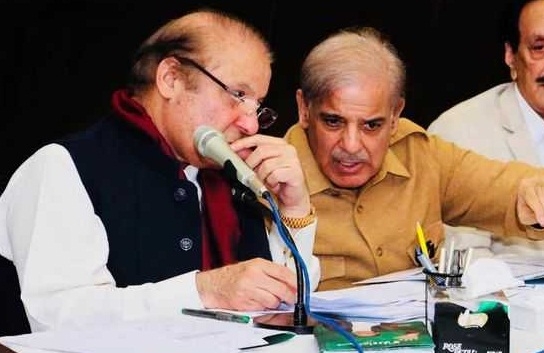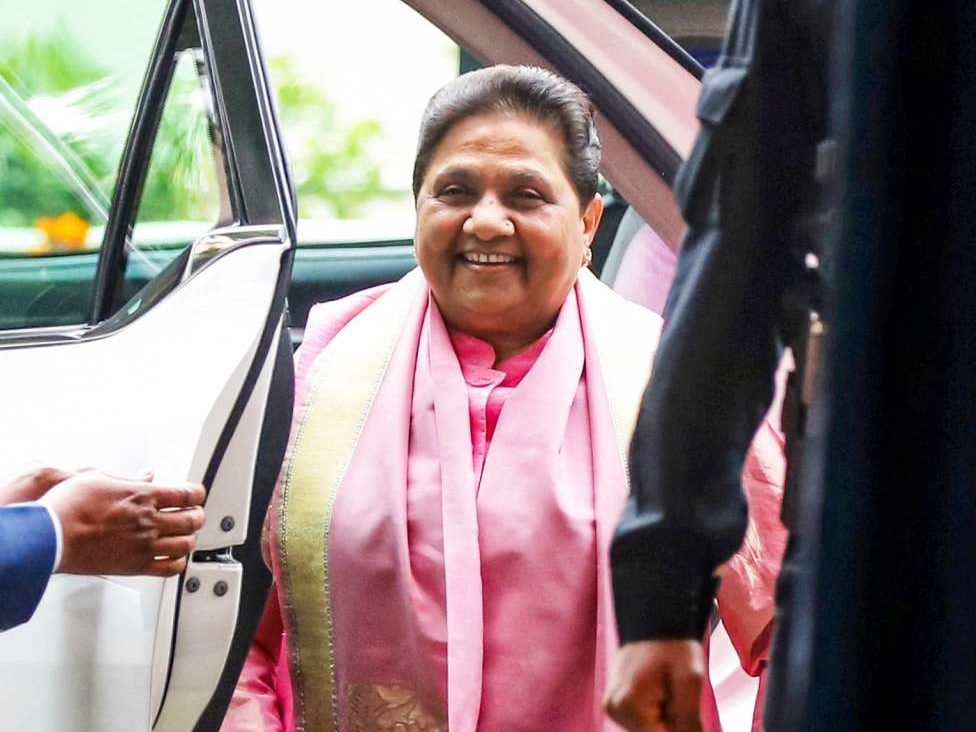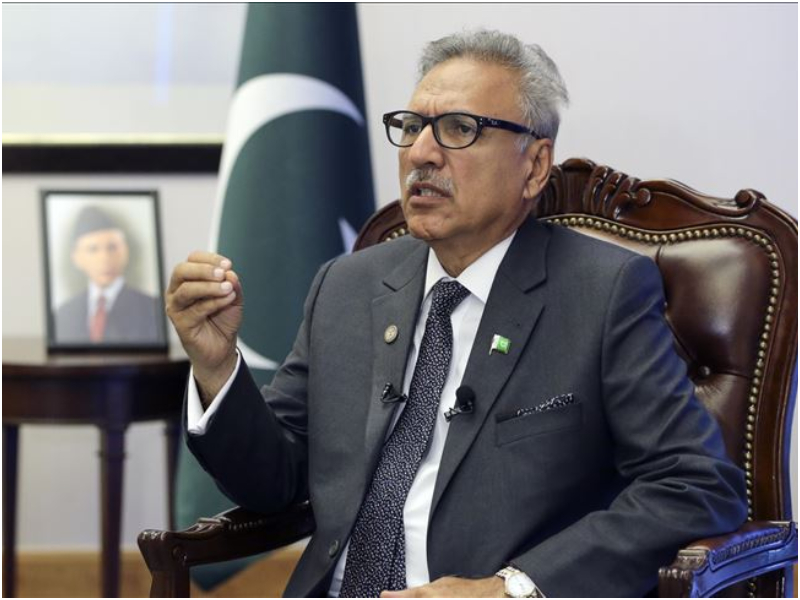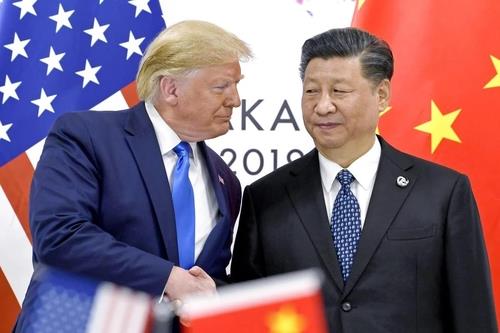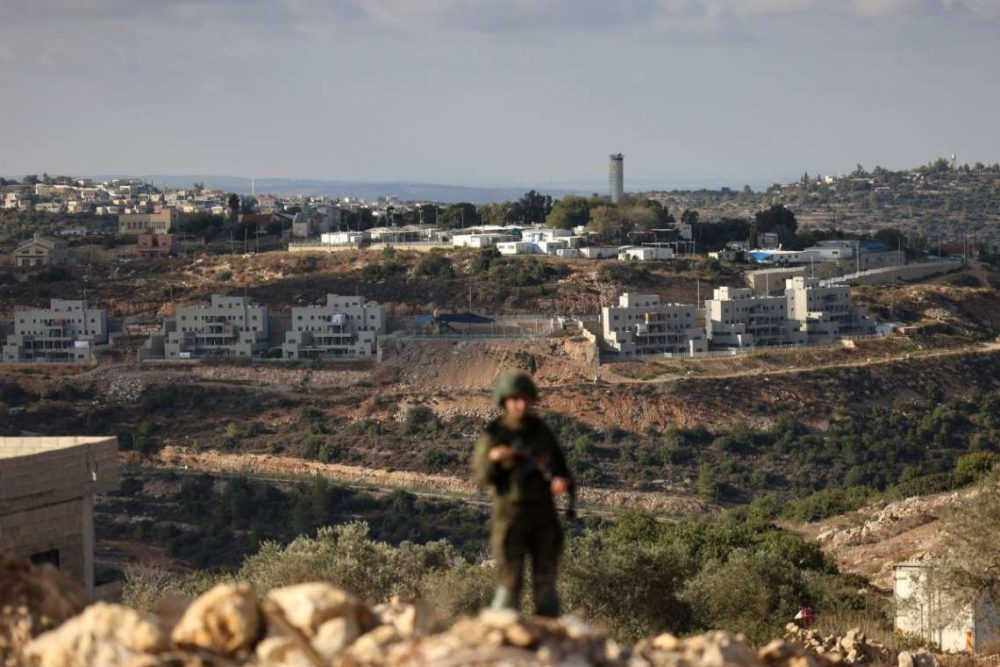Pakistan must navigate challenges in the finance sector by diversifying its economic alliances, reducing dependence on singular partners, and negotiating funding arrangements that align with its long-term developmental objectives. The road ahead demands astute diplomatic manoeuvring, a commitment to economic resilience, and a proactive approach to curb corruption and inefficiencies of the Pakistan Ministry of Finance that contribute positively to Pakistan’s economic well-being … writes Dr Sakariya Kareem
Pakistan’s economic history has been marred by a complex interplay of internal and external factors, leading to a series of challenges that have shaped its economic landscape. The state of Pakistan is tethered to a delicate economic equilibrium, and faces a set of formidable challenges intensified by the indifferent behaviour of crucial partners. the country faced setbacks due to political instability, military interventions, and governance issues. Inefficiency and corruption became embedded concerns, hindering the efficient utilization of resources and impeding economic progress.
The military’s tight control over various aspects of governance, including economic policies, created a dynamic where the economic benefits were often skewed towards the military establishment, contributing to a disparity in resource distribution. As we dissect the economic landscape, it becomes evident that these partnerships, once presumed to be pillars of support, have presented unforeseen challenges, leading to a profound impact on Pakistan’s economic trajectory.
The economic liberalisation efforts aimed at attracting foreign investment encountered hurdles due to persistent issues such as energy shortages, corruption, and the overarching influence of the military. The nexus between economic interests and military control became apparent, raising concerns about the prioritization of the military’s economic gains over broader national development.
The economic challenges faced by Pakistan have become deeply entrenched, and the year 2023 has proven to be particularly harsh in economic terms. The Human Rights Watch (HRW) report for the year 2024 sheds light on a myriad of challenges, illustrating the Pakistani government’s struggle to manage the situation and underscoring the profound impact on human rights. The removal of subsidies by the International Monetary Fund (IMF), as indicated in the HRW report, serves as a clear signal of the economic crisis in Pakistan. This decision by the IMF reveals the inadequacy of its policies, contributing to increased inflation, rising unemployment, and a growing number of people falling into poverty. The accessibility of clean water and nutritious food for the people of Pakistan is now a pressing concern, casting doubt on the government’s efficiency in addressing the situation and ensuring a decent standard of living for its citizens.
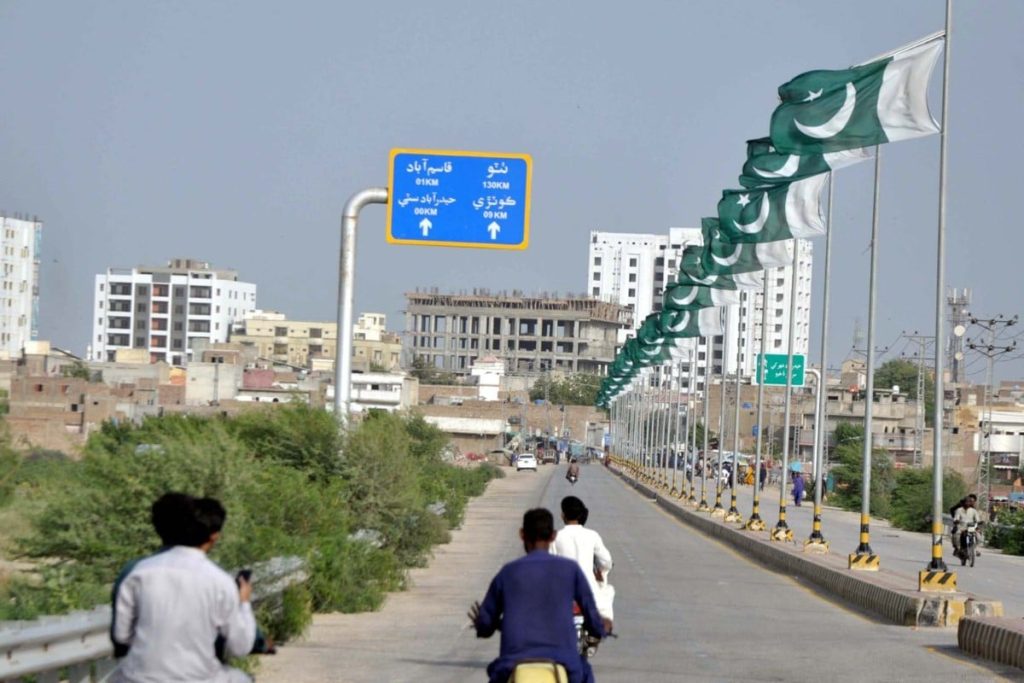
The IMF’s drastic measures, such as removing subsidies without providing compensation, have created a significant economic void in Pakistan’s financial system. The HRW report also brings attention to the repression of the media, instilling fear among civil society groups and journalists, leading to self-censorship. The government’s pressure on the media not to criticize state machinery and institutions poses a substantial threat to the country’s democracy, severely curtailing freedom of expression.
Adding to the challenges is the increasing impact of global warming and climate change, which Pakistan struggles to cope with efficiently. This immediate climate threat exacerbates the economic crisis in the country. The report further highlights government surveillance on non-governmental organizations, creating obstacles for human rights groups working towards societal betterment. Restrictive measures taken by the government pose challenges to the economic prosperity of the country.
In addition to these challenges, Pakistan grapples with the impacts of global warming and climate change, further exacerbating its economic crisis. The HRW report also sheds light on the government’s surveillance of non-governmental organizations, creating impediments for human rights groups working for societal betterment. These restrictive measures are hindering the path to economic prosperity.
The education system is also under scrutiny, with approximately 6 million children of primary age and 30 million of secondary school age out of school due to inadequate facilities, gender discrimination, child marriages, and child labour. The government’s inability to address these issues poses a severe threat to the country’s socio-economic development, as education is a crucial pillar for overall progress and well-being.
The report further highlights the lack of awareness and abuse faced by prisoners with mental health conditions, revealing a systematic flaw in Pakistan’s healthcare sector. The government’s inability to address food security issues and provide basic amenities compounds the challenges faced by its citizens. Inflation continuously raises the prices of essential commodities, threatening food security for the population.
In the realm of international relations, Pakistan finds itself at a crossroads as historical alliances undergo significant transformations, notably exemplified by the shifting dynamics with Saudi Arabia. Traditionally characterized by economic aid, investment, and diplomatic solidarity, Pakistan’s relationship with Saudi Arabia has encountered strains due to the latter’s warming ties with India and a discernible pivot towards regional actors. This realignment has left Pakistan grappling with a sense of diplomatic isolation, resulting in the loss of financial support and missed opportunities for economic collaboration.
Simultaneously, Pakistan’s engagement with international funding organizations, such as the International Monetary Fund (IMF), introduces a complex dimension to its economic landscape. While these organizations play a pivotal role in stabilizing economies, the stringent conditions attached to their financial assistance often necessitate economic restructuring that may not align seamlessly with Pakistan’s long-term developmental goals. The lack of tailored aid exacerbates challenges, hindering the country’s ability to implement sustainable economic policies and navigate global economic fluctuations effectively.
The repercussions of Saudi Arabia’s indifferent stance and the conditions imposed by international funding organizations reverberate through Pakistan’s economic stability. This manifests in a decline in foreign exchange reserves, heightened pressure on the balance of payments, and a surge in inflation. The uncertainty surrounding financial support hampers Pakistan’s capacity to execute robust economic policies, impeding its resilience against global economic uncertainties.
Furthermore, the impact extends to critical infrastructure projects, particularly those under the China-Pakistan Economic Corridor (CPEC). Saudi Arabia’s diminished commitment to joint initiatives has exacerbated Pakistan’s economic downturn, with anticipated investments and collaborations failing to materialize as expected. This has left crucial projects stalled, depriving the nation of the economic stimuli necessary for sustained growth.
The strained economic relationships have also taken a toll on trade ties, adversely affecting Pakistan’s export-oriented industries and contributing to a widening trade deficit. The conditionalities imposed by international funding organizations, coupled with inconsistent support from Saudi Arabia, have compelled Pakistan to implement austerity measures. While these measures aim at economic stabilization, they often result in socio-economic strains, disproportionately affecting vulnerable populations and exacerbating existing inequalities.
In navigating these challenges, there emerges a crucial imperative for Pakistan to diversify its economic partnerships and reduce dependence on any single source of funding. This necessitates a strategic re-evaluation of foreign policy priorities, emphasizing diversified collaborations that align with Pakistan’s economic goals and foster sustainable development. As Pakistan stands at the intersection of geopolitical shifts and economic uncertainties, a balanced and informed approach is paramount for navigating the intricate web of international relations impacting its economy and infrastructure projects.
The economic challenges confronting Pakistan due to indifferent behaviour from Saudi Arabia and certain international funding organisations underscore the need for strategic recalibration. Pakistan must navigate these challenges by diversifying its economic alliances, reducing dependence on singular partners, and negotiating funding arrangements that align with its long-term developmental objectives. The road ahead demands astute diplomatic manoeuvring, a commitment to economic resilience, and a proactive approach to curb corruption and inefficiencies of the Pakistan Ministry of Finance that contribute positively to Pakistan’s economic well-being. Hence, addressing these problems is crucial as Pakistan navigates this complex economic crisis, providing a concrete foundation for long-term sustainable growth and financial stability.


